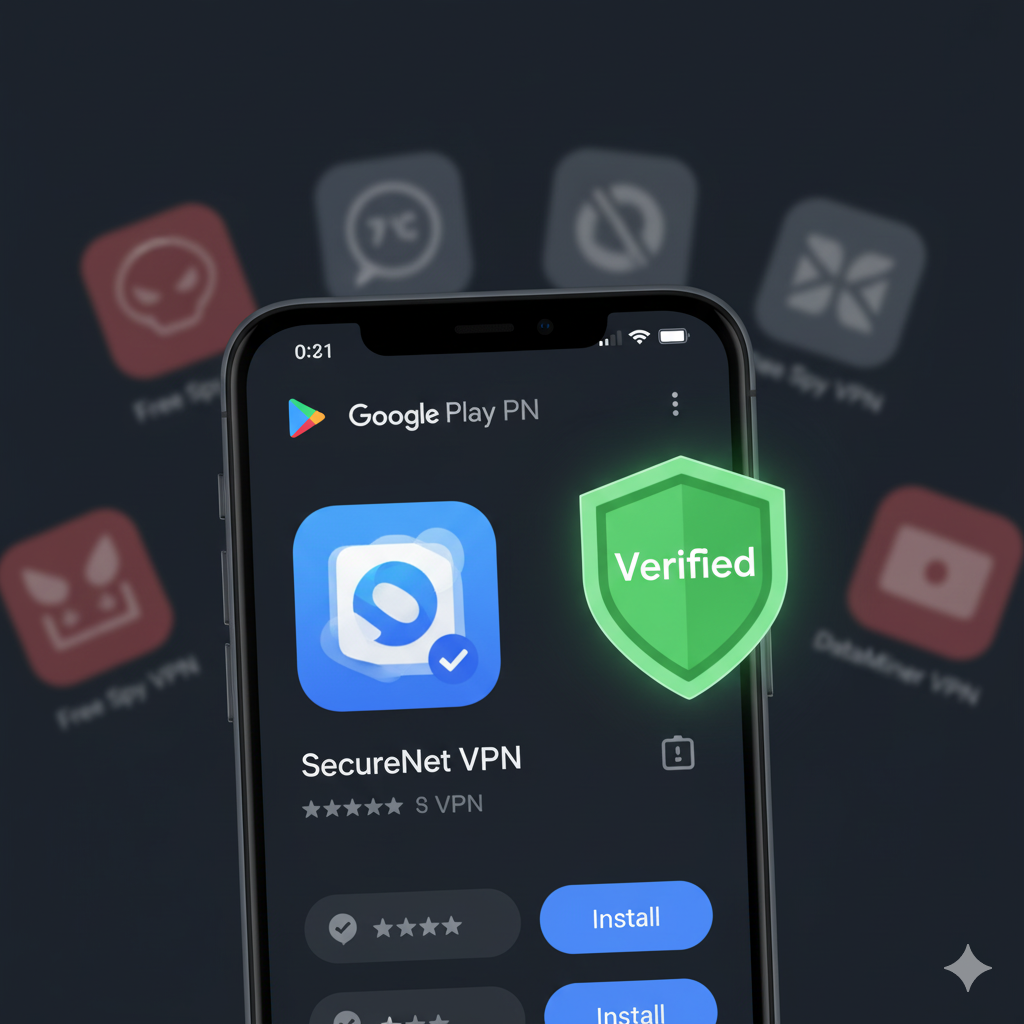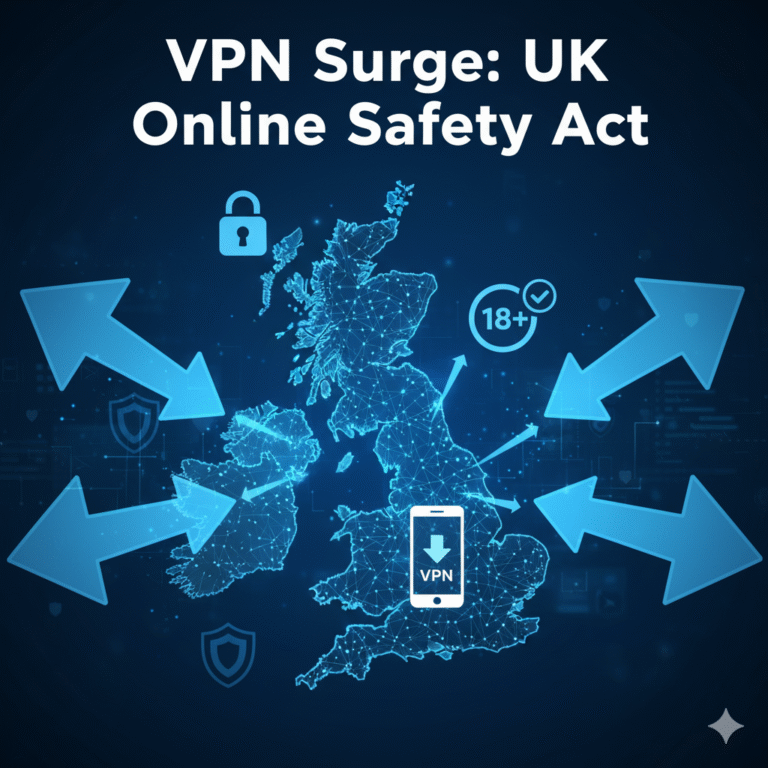The Google Play Store is rolling out a new “Verified” badge specifically for VPN apps that meet rigorous privacy, security, and transparency criteria (Google Play will now display a “Verified” badge for VPNs that meet strict privacy and security standards, helping users spot trustworthy VPN apps.(Google Play to Verify Privacy-First VPNs)
This article unpacks what Google’s verification means for VPN users and developers, the criteria behind the badge, and how this can influence the broader VPN ecosystem.
Why Google is verifying VPN apps
Battling fake and malicious VPNs
Over the years, many VPN apps in the Play Store have turned out to be fraudulent — leaking data, injecting ads, or acting as malware in disguise. Google’s badge is a signal that the app has passed deeper scrutiny.
Tom’s Guide frames the change as a countermeasure:
“Google is taking steps to combat fake VPNs … the new badge will verify VPNs that prioritize privacy and safety.”
Improving user trust and clarity
For many users, assessing a VPN’s security and policy is nontrivial. The verified badge gives a visual cue that an app meets higher standards. Google’s announcement states that the badge is designed to “highlight apps that prioritize user privacy and safety,” making it easier for users to choose with confidence.
Verification criteria: what it takes to earn the badge
To be considered for VPN verification, developers must meet a list of requirements. These include:
Passing MASA Level 2 validation (Mobile Application Security Assessment) to evaluate security practices.
Having at least 10,000 installs and 250 user reviews.
Being published on Google Play for at least 90 days.
Using an Organization developer account (vs individual).
Meeting the target Android API level requirements.
Submitting a Data Safety section declaration, including transparency on data collection, encryption in transit, and optionally opting into independent security review.
Google clarifies that these are core criteria, but “other factors contribute” to final evaluation.
Early recipients and how they benefit
Some prominent VPNs have already received the verified badge:
NordVPN
hide.me
Aloha Browser
These apps benefit from higher visibility, increased user trust, and a clearer competitive edge over non-verified rivals. The badge appears next to ratings and download counts in listings and search results.
NordVPN commented:
“We’re excited that the new ‘Verified’ badge will help users easily identify VPNs that meet high standards for security and privacy.”
Implications for users and developers
What users gain
Better safety signals: Users can more reliably spot VPN apps vetted for privacy and security.
Reduced risk: Lower chance of installing malicious or low-quality VPNs posing as privacy tools.
Peace of mind: Transparent data practices, independent review, and required encryption disclosures.
What developers must do
Developers aiming for verification should invest in security assessments (MASA), robust encryption, and transparent privacy policies.
Smaller or newer VPNs may struggle with thresholds (10,000 installs, 90 days on Play).
Non-verified apps may face visibility or trust disadvantages.
Market impact & competition
This move may pressure more VPN providers—especially mid-tier ones—to upgrade their security practices and undergo independent review. It sets a new baseline: a “verified” label becomes a badge of legitimacy. In turn, it may shrink the space for fly-by-night VPNs that rely on obfuscation or deceptive claims.
Limitations & considerations
The badge does not guarantee invulnerability — verified apps can still have bugs or future vulnerabilities.
Some legitimate VPNs may not yet qualify simply due to install numbers or review thresholds.
The verification process applies only to Play Store apps — it doesn’t affect sideloaded APKs or clients distributed outside Google Play.
The “other factors” in Google’s assessment are not fully disclosed, leaving some of the acceptance process opaque.
Learn more than Machine Learning Spots VPN Traffic Reliably
Conclusion
Google’s introduction of a VPN “Verified” badge on the Play Store is a significant milestone in elevating app trust in a traditionally murky space. By raising the bar on security, privacy declarations, and independent review, Google helps users separate credible VPNs from impostors. For developers, it signals the new baseline — invest in rigorous security and transparency or risk being left behind.



